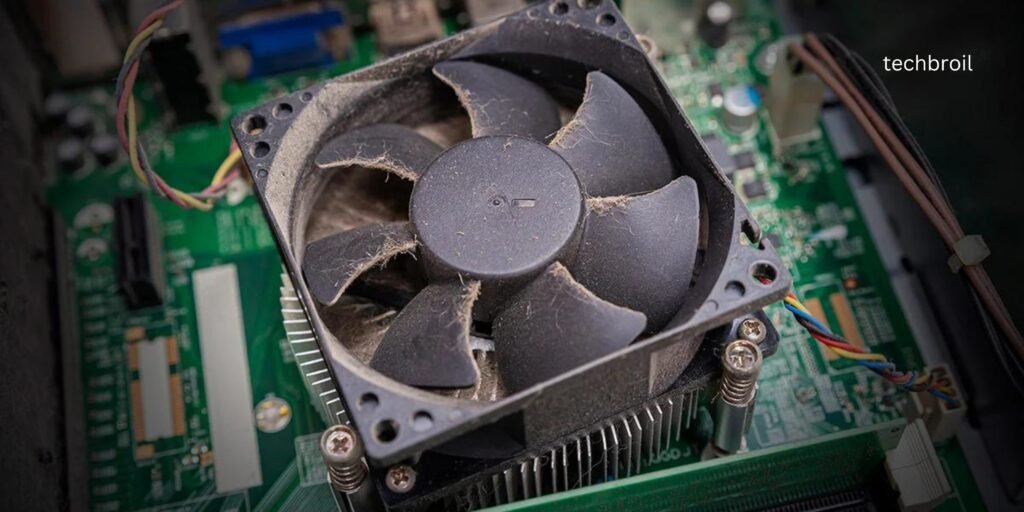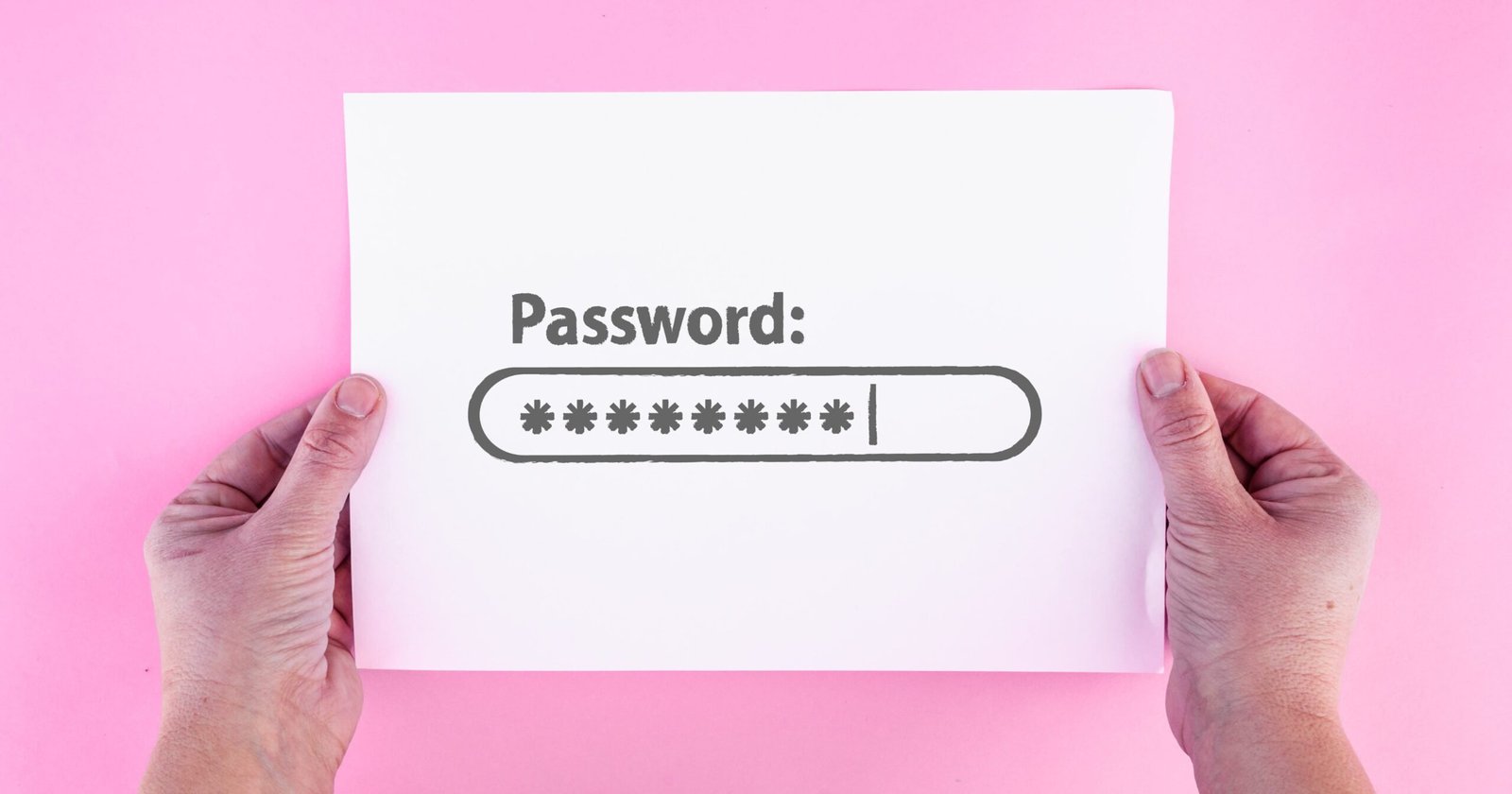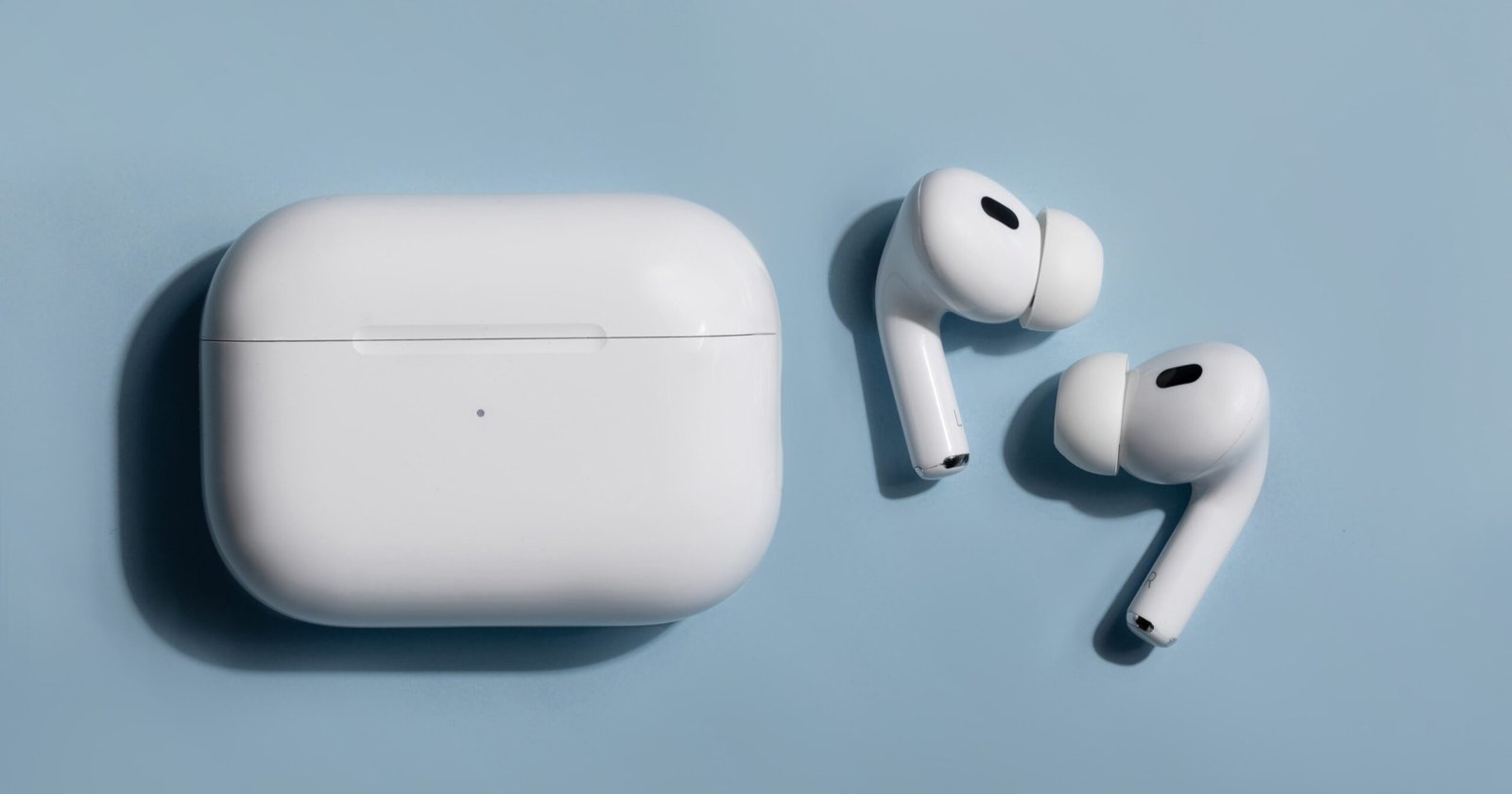Many people have encountered increasing fan noise from their computers as they age due to dirt and dust build-up.
When your desktop computer sounds like a jet, there are a couple of likely culprits: fans and the hard disk.
To help alleviate this unwanted sound, there are several steps you can take to reduce or even eliminate excessive fan noise from your PC.
This blog post will discuss why computer fans get noisy over time and what DIY solutions may best restore peace and quiet around your office space or living room.

Causes Of Loud Computer Fan Noises
Various factors can cause computer fan noise, though most commonly, it results from inadequate lubrication or dust and dirt buildup on the fan blades.
Insufficient lubrication causes the fan to run loudly due to friction between the metal parts.
At the same time, dirt and dust can impede airflow and reduce cooling efficiency, leading to louder fan operation.

Signs You Need A New Cooling System
In addition to noticeable fan noise, there are other signs that you may need a new cooling system.
If your computer runs slow or shuts down unexpectedly, these could be symptoms of an inadequate cooling system.
If your laptop or desktop feels hot to the touch or your CPU usage is unusually high, this could indicate that the existing cooling system can’t keep up with the heat generated by your computer.

DIY Solutions For Reducing Fan Noise
- The first step in reducing fan noise is cleaning your PC case.
- Dust and dirt can build up over time, impeding air flow and resulting in louder fan operation.
- Use a compressed air duster or vacuum cleaner to remove debris from the fan blades, heatsinks, and other components.
- This will help improve airflow and reduce noise.
- You should also ensure that your fan blades are adequately lubricated.
- If they’re not, this can cause excessive friction between metal parts, increasing noise levels.
Tips To Reduce Heat And Noise From Your PC
- There are also a few other tips to reduce heat and noise from your PC.
- Ensure the case vents are not blocked by anything, as this will impede airflow and lead to louder fan operation and higher temperatures inside the case.
- Move your PC away from direct sunlight or any other heat sources.

How To Check The Temperature Of Your Computer
To ensure that your computer is running at optimal temperatures, you can use a temperature monitoring program to check the internal temperature of your PC.
This will give you an accurate reading of the current temperature and any potential warning signs that something may be wrong with your cooling system.
Best Cooling Systems For Quiet Computers
If you’ve tried all the DIY solutions and your PC is still running too hot or loud, it may be time to invest in a new cooling system.
While many different types of cooling systems are available on the market, liquid cooling systems are generally the best choice for quiet operation.
These systems work by circulating liquid coolant through a radiator and heat sink to absorb and dissipate the heat generated by your computer components.
In addition to liquid cooling systems, other types of cooling solutions may be suitable for your needs.
For example, a case fan can help draw cool air into your PC while expelling warm air, reducing temperatures and noise levels.
What Maintenance Is Needed For A Quiet Computer
Once you’ve invested in a new cooling system, keeping up with regular maintenance is crucial to ensure your PC remains quiet and calm.
This includes regularly cleaning the fan blades and heatsinks and ensuring that the case vents are not blocked by anything.
It is essential to check the internal temperature of your PC regularly to ensure that it is running at optimal temperatures.
Whether you’re dealing with noisy computer fans or just want to keep your PC running, calm, and quiet, these tips can help you get the most out of your system.
With regular maintenance and the right cooling system, you can be sure that your computer will stay whisper-quiet for years to come.
Conclusion
In conclusion, loud fan noise from your PC can be caused by inadequate lubrication or dust and dirt buildup on the fan blades. To reduce noise levels, ensure your PC case is clean, and the fan blades are adequately lubricated. Additionally, you can use a temperature monitoring program to ensure your computer runs at optimal temperatures. With these DIY solutions, you can restore peace around your office space or living room!
If all else fails, investing in a new cooling system, such as a liquid cooling system, can help ensure that your PC remains quiet and calm. Additionally, regular maintenance is vital to keeping your computer running at optimal temperatures and reducing noise levels. With the correct maintenance and cooling strategies, you can be sure that your computer will stay whisper-quiet for years to come!
FAQs
How Often Should I Clean My Computer Fan Blades?
It would be best to clean your computer fan blades at least once every three to six months.
This will help ensure that dust and dirt do not build up over time and reduce cooling efficiency.
What Type Of Cooling System Is Best For Reducing Noise Levels?
Liquid cooling systems are generally the best choice for quiet operation.
They work by circulating coolant through a radiator and heat sink to absorb and dissipate the heat generated by your computer components.
Also, case fans can help draw in cool air while expelling warm air, reducing overall temperatures and noise levels.
What Temperature Is Optimal For My Computer?
Keeping your computer between 30-50°C (86-122°F) is best.
You can use a temperature monitoring program to check the internal temperature of your PC and ensure that it is running at optimal temperatures.
How Often Should I Check The Internal Temperature Of My PC?
It is recommended that you check the internal temperature of your PC regularly to ensure that it is running at optimal temperatures.
This will help ensure that your computer remains quiet and calm for years.
What Should I Do If My Computer Fan Is Excessively Loud?
Ensure your PC case is clean if your computer fan is excessively loud.
And the fan blades are adequately lubricated.
You can use a temperature monitoring program to check the internal temperature of your PC and ensure that it is running at optimal temperatures.
Is There A Way To Prevent Fan Noise From My PC?
To help prevent fan noise, ensure your PC case is clean and the fan blades are adequately lubricated.
You should ensure that the case vents are not blocked by anything, as this can impede airflow and lead to louder fan operation.
You can also move your PC away from direct sunlight or other heat sources and invest in a new cooling system, like a liquid cooling system.









